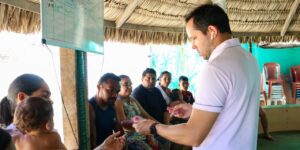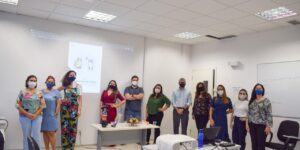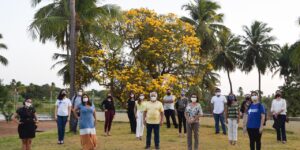Ciência de dados em saúde vai além de gráficos, diz professor do IFCE
Na segunda-feira, 2 de novembro, o I Workshop de Saúde Digital do Norte e Nordeste, promovido pela Liga Interdisciplinar de Saúde Digital (LISD), recebeu o professor do Departamento de Informática do …







